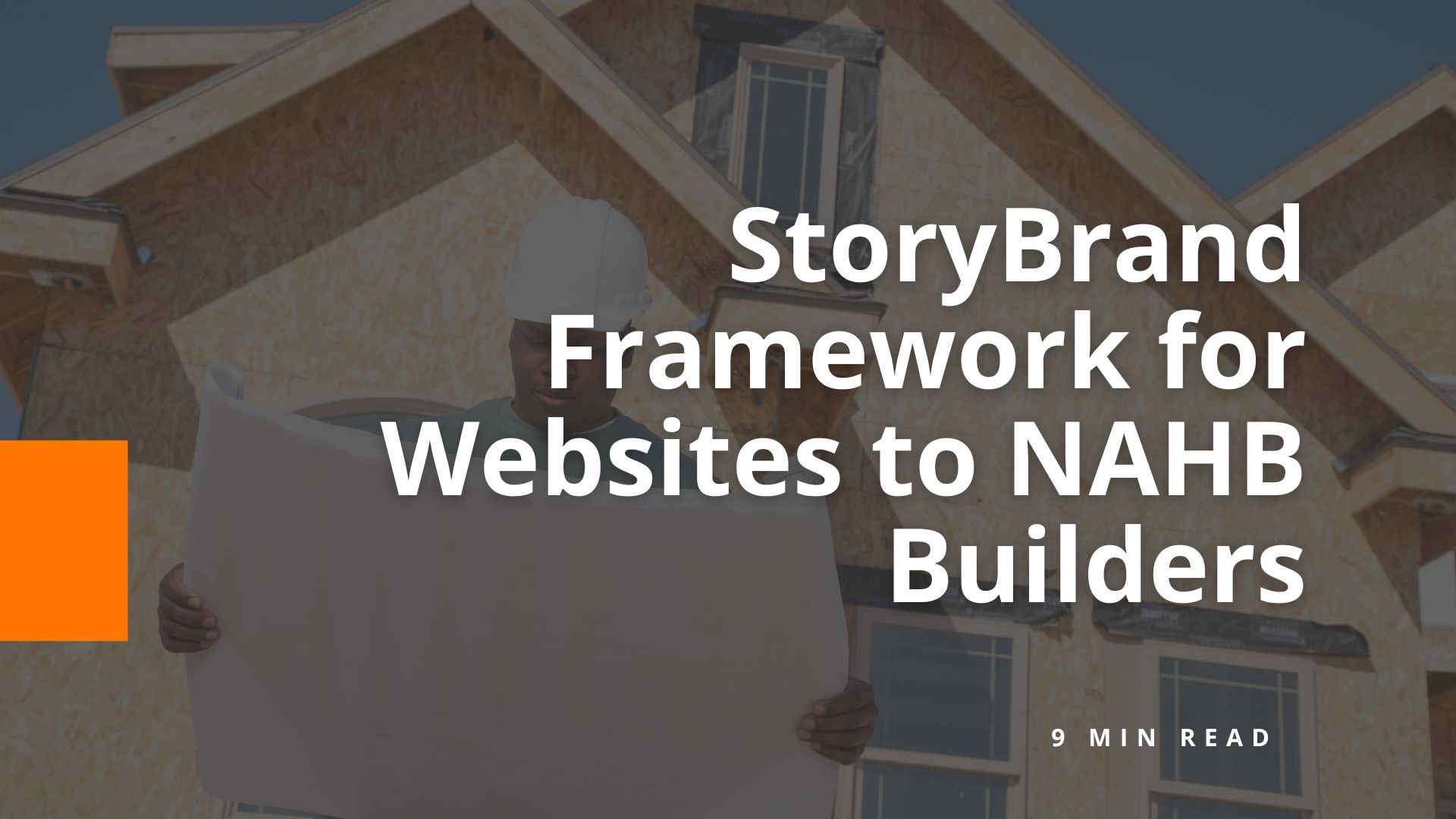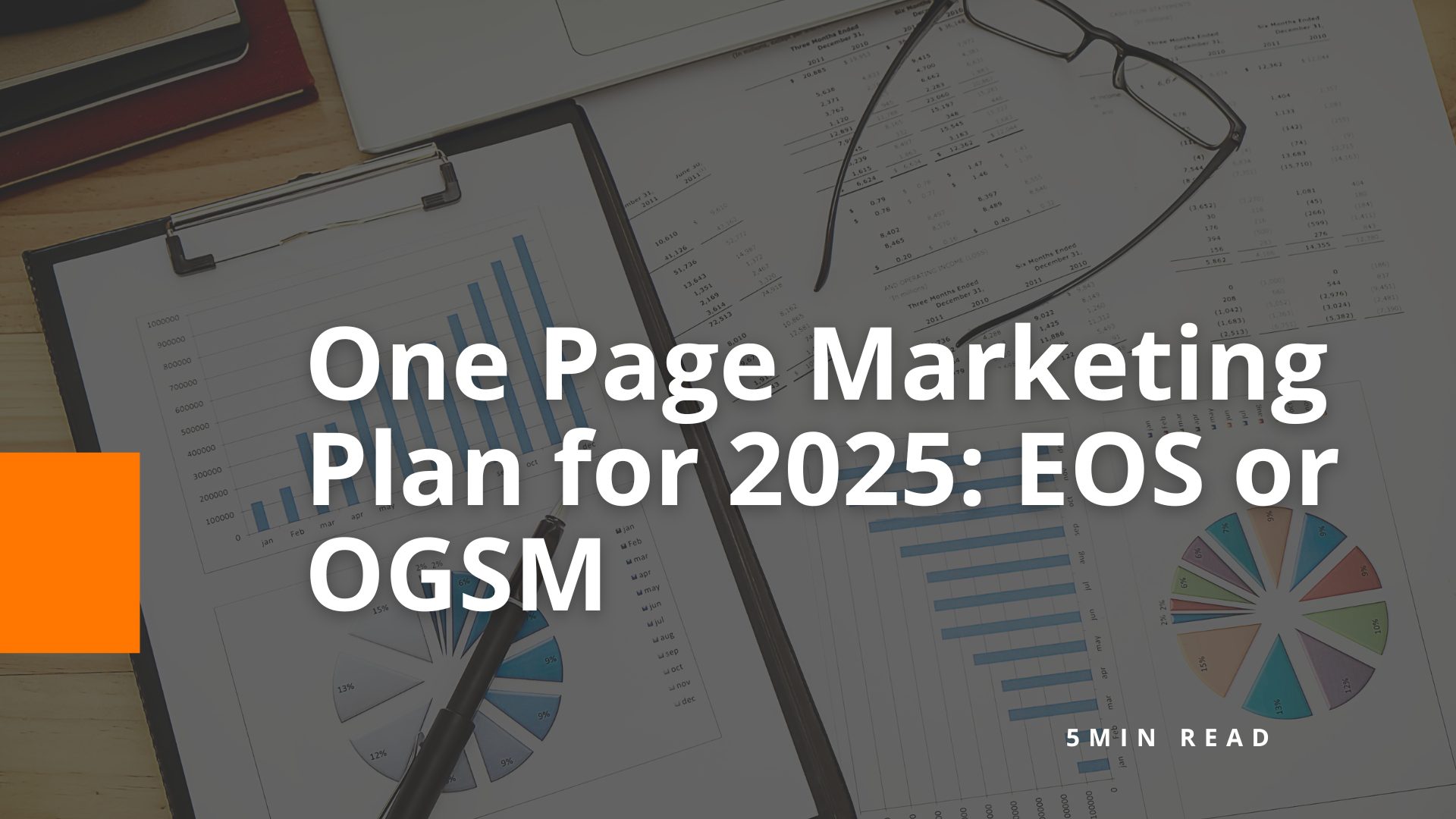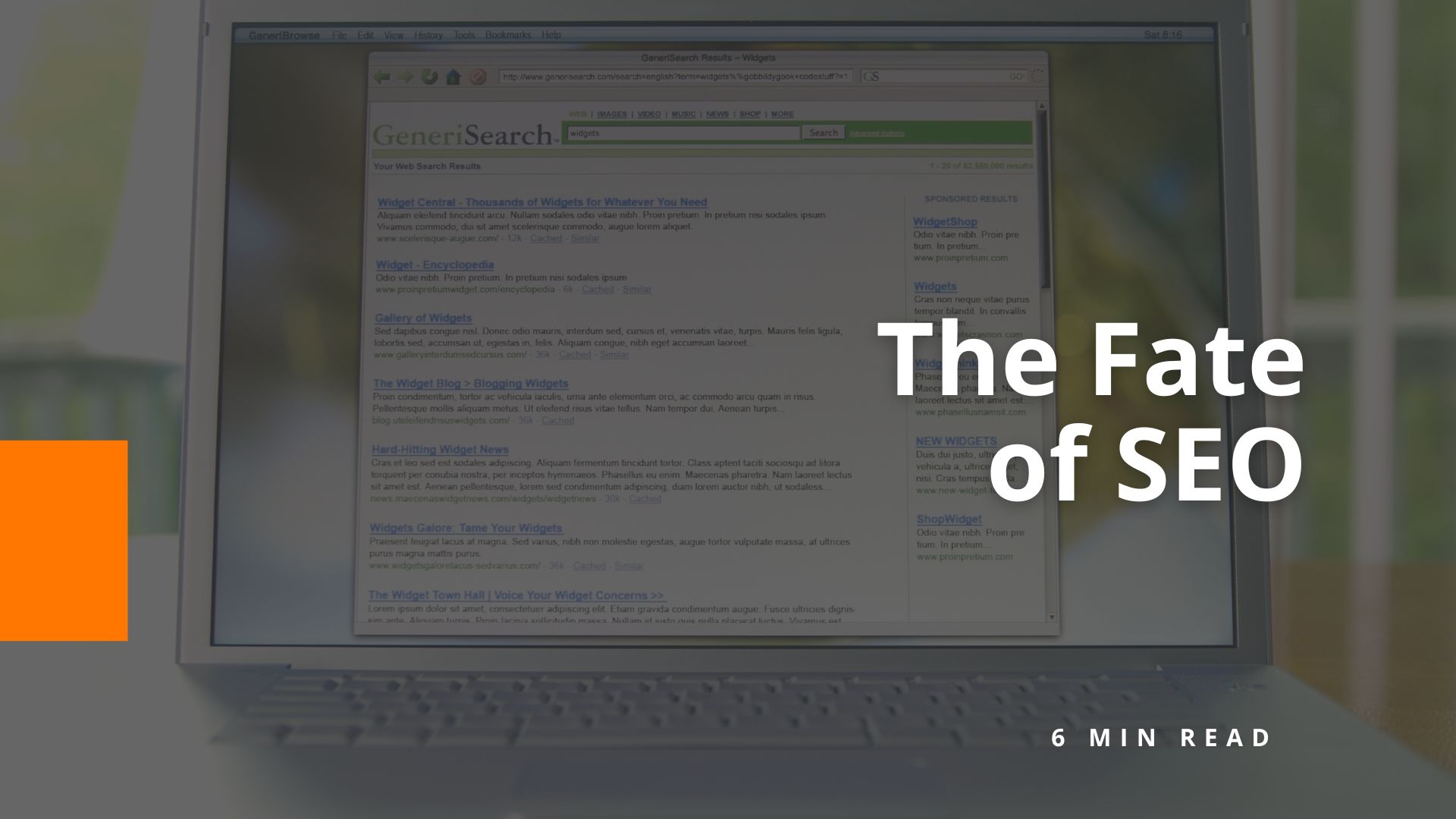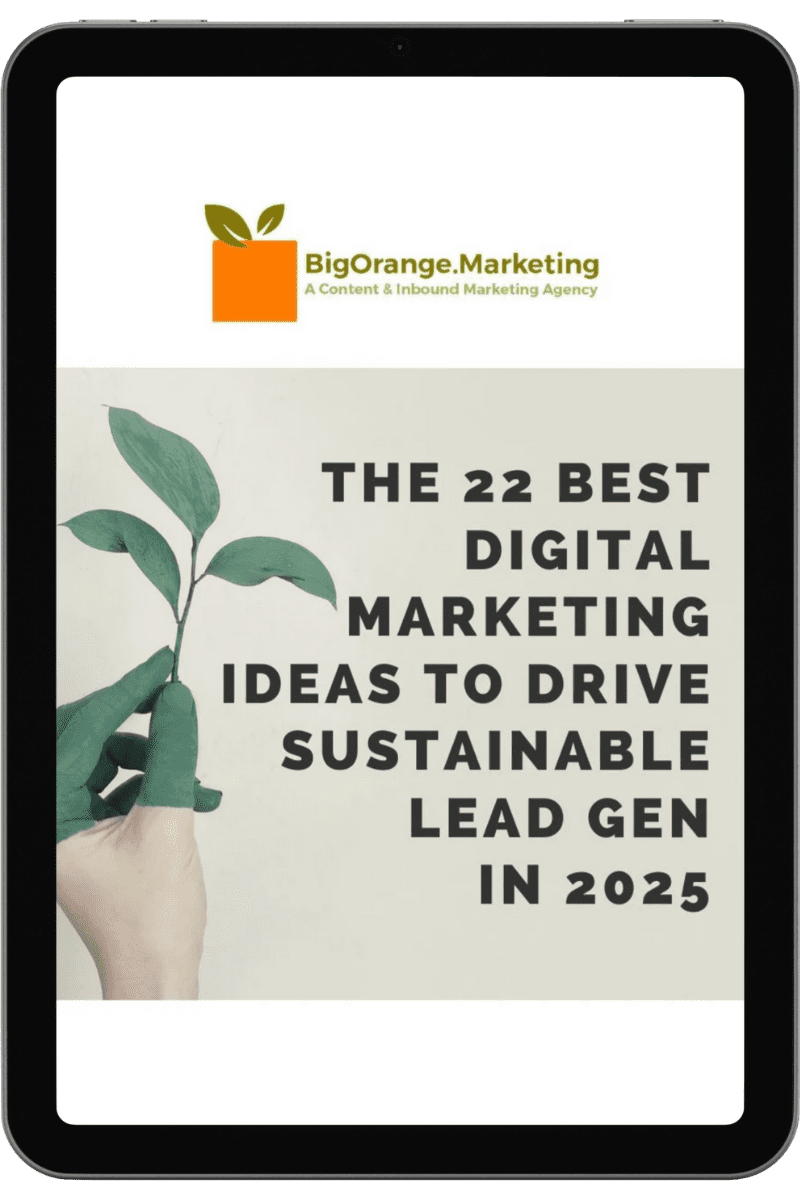How to Use a Press Release: Make News and Spread the Word

You might think your MSP’s work is not particularly newsworthy, but you might be surprised. If you’re wondering how to use a press release to promote your MSP, here are the basics you should know.
What Is a Press Release?
A press release is an official statement (written or recorded) that an organization issues to the news media and beyond for the purpose of providing information or making a special public announcement. It should contain understandable language and a quote that succinctly reflects the intent of the message being delivered.
Most press releases are only a page long, providing just enough information so that news outlets have sufficient material for publishing their own stories about whatever your company is announcing in the release. One thing to remember is that press releases live in the public domain, which means your stakeholders and customers can see them. With this in mind, you’ll want to view your press release as more than just news coverage; it’s a valuable piece of marketing material.
What Topics Could Be Covered in a Press Release?
When learning how to write a press release, there’s no clear-cut formula for what topic it should cover, but here are a few ideas to consider:
- Events
- Mergers and acquisitions
- Grand openings
- New hires or promotions
- Rebranding
- New products and services
- Awards and certifications
- Appearance or speech at a conference or trade show
When choosing a topic, it’s important that it will enhance your chances of getting your press release seen by the right people or intended audience. It’s a good idea to pick your audience and the media outlet you’ll be targeting and base your ideas for a topic around these factors. Make sure you include newsworthy elements as high up in your press release as possible to generate interest in your topic at the opening.
Elements to Include at the Top of a Press Release:
- The release date (either a specified date or the phrase “For Immediate Release”)
- Headline and italicized subheading that summarizes the topic
- News location and news peg in opening line
How you open up to the public in your press release is important, but as there are several parts that make up the whole, each piece of your release carries its own weight. Let’s take a deep dive into the process and flesh out your press release.
How to Write a Press Release
Writing a press release to break important company news can help company growth, but doing it correctly is just as important. Here are a few important tips on how to write a press release:
1. Write a compelling headline.
You’ve visualized your concept and now it’s time to get it down in words to share with your community, industry and customer base.
Just like writing the perfect blog post title, setting up your press release for success starts with your headline. You only have one line to work with, which can seem scary, but consider your words carefully to make your headline captivating. Most importantly, make it interesting. Consumers see news stories all over their timelines. Your headline needs to be interesting enough to reel them in.
2. Convey the value of your message.
If you want your press release to be newsworthy, you have to give readers a reason to care.
A good way to ensure this is by using the reverse pyramid formula when writing your press release: Going from the most important information to the least important.
Use the first paragraph of your release to explain the who, what, where and the second paragraph should cover the why. There shouldn’t be any new, crucial information covered after these sections because the readers could potentially overlook these details, or a publication’s editor could shorten the length of the release by cutting copy from the bottom.
3. Include a tantalizing quote.
It’s time to bring your details to life with a quote that provides context around your announcement and helps paint a picture of how your news affects your given industry, customer base and landscape.
Ideally, quotes will be from key stakeholders in your company including your executive team, project leads or those directly impacted by your announcement. The chosen quote should shape your narrative and emphasize the core of the announcement. It should also explain why the “news” of the press release matters to potential readers.
Best advice: Pick one or two critical spokespeople and focus the quotes around their unique perspective.
4. Provide valuable background information on the subject.
Wrap up your press release by providing valuable background information on the subject.Your reader should already have the key details they need regarding your public service announcement.
The last paragraph is where you should strengthen your narrative with creative or noteworthy ways your company developed the project or announcement being made. Another good way to add value to your press release is to relate it to a current event that makes it more valuable to the journalist and your audience.
5. Drive traffic to your site.
Somewhere in your release, include a live link that leads to your website or a particular blog post you want to highlight. While the embedded link won’t help readers who see the release in print, if an online source publishes your press release, a live link will provide direct access to your site. It can provide new exposure to your products and services, increase traffic to your site and provide valuable backlinks that help you rank higher in popular search engines.
Release Your Release: Distributing to Local or National Media
Learning how to write a press release is important for building brand awareness but if nobody sees your release, your efforts (and your brand) will go unnoticed. You need to also know how to distribute it effectively to get your story picked up by local or national news outlets, magazines and blogs. Press release distribution is the process of circulating or sending out your press release to the public or members of the press. If you only post your press release to your website, a great majority of consumers may never happen upon it, defeating the entire purpose behind writing the release in the first place.
Your press release normally provides updates on topics centered around your company’s products or services, projects, acquisitions, organization structure and more. With distribution, you allow various publications to circulate your press release and thereby share your company’s insights with a wider audience. There are a few ways to go about publishing your press release.
Tips To Publishing Your Press Release
1. Strategically select specific journalists or news publications.
Instead of sending email blasts of your press release to every journalist you can find, focus instead on reaching out to a select few who have experience covering your industry. Send them each a personalized message connecting the dots. Show the “why” behind your decision in selecting each journalist (or news publication) specifically. Show how what you wrote connects to what they write.
2. Use a press release distribution service.
If you’re on a tight schedule and don’t have time to manually reach out to local or national journalists, a press release distribution service (Newswire, PR Web, Business Wire) is the perfect solution. These services allow you to send out your release to relevant journalists without doing any of the manual work yourself. While it does cost to use these services, they can save you hours of work.
3. Publish your release on the half hour.
Many who aren’t in marketing may not be aware, but most companies in media distribution schedule their releases to go out on the hour. If your release goes out on the hour as well, it’s likely to just get lost in a sea of press releases.
Try going with a more distinct time, like on the half hour (e.g., 1:30 p.m. or 4:30 p.m.).
4. Share coverage on social media.
If all goes according to plan and your press release gets picked up by the media, your job still isn’t finished. Keep the buzz going and release another wave of distribution. Share the specific stories that news outlets write on your press release through digital channels like social media and email. This will generate more awareness around your announcement.
5. Look for other opportunities.
You may be able to get local coverage without having to be chosen by a journalist or editor. Distribute your release and wait a week or so. If it hasn’t been picked up for publication, research your local newspaper or news outlet to see if there’s a means for you to submit articles directly. Include captioned photos whenever possible: Images are often something publications are looking for to spark reader interest.
When It’s All Said And Written
After you have written your press release and weighed your options for distribution, it’s time to sit back and reap the benefits of your success. Ideally, the tips on how to write a press release and distribution steps in this guide will boost your chances of landing coverage.
But if your first time wasn’t all that successful, don’t fret. Keep tweaking and refining your approach until you see success. Your first piece of coverage could well be the domino that starts the run. And if and when your story does get picked up, remember to thank the journalist. It can broker a relationship that you can then nurture and facilitate coverage more easily down the line.
Ultimately, you can never have too much good press but it is possible to have too much responsibility. If this process is too much for you, contact a marketing agency to take press releases and media relations off your plate.
Share the knowledge
Once Upon a Time: StoryBrand Website Examples for 2025
Is a new website a part of your marketing plan for 2025? If not, it might be time for a new one, especially if it’s…
Explore this TopicUnleashing the Inner Spielberg: BigOrange Presents StoryBrand Framework for Websites to NAHB Builders
I was thrilled to be invited to Indianapolis to present at a National Association of Home Builders (NAHB) Builder 20 Club event this October. Sharing…
Explore this TopicOne Page Marketing Plan for 2025: EOS or OGSM
You need a solid one-page marketing plan to reach your big 2025 goals. Whether your organization follows the Entrepreneurial Operating System (EOS) outlined in Traction,…
Explore this TopicGaining SEO for Multi-Location Businesses: Geo-Specific Pages and Dynamic Website Pages
When it comes to optimizing SEO for multi-location businesses, it can be challenging to ensure that each location gets the visibility it deserves. However, there…
Explore this TopicIs Search Engine Optimization Dead?
Hasta la vista, SEO! Apparently, search engine optimization (SEO) is dead…again. Well, that’s what some slimy sales guy wants you to think. Don’t worry, SEO…
Explore this TopicLuxury Custom Home Builder Logos and StoryBrand Website Generate $1.5M Lead in One Month
When a Cincinnati home builder contacted us, they were stuck with an outdated logo and a website that didn’t tell their story or share their…
Explore this TopicSEO Is Dead? That Depends On How You Define It
Rather listen than read? Check out this “Podcast Version” of this post that we created with the AI Tool Google #NotebookLM. It’s interestingly IRONIC, isn’t…
Explore this TopicGet Killer Social Media Content Ideas at Our Webinar
Ah, social media. It sucks us in, gives us a community and can bring your business more sales if you use it correctly. If not,…
Explore this Topic









